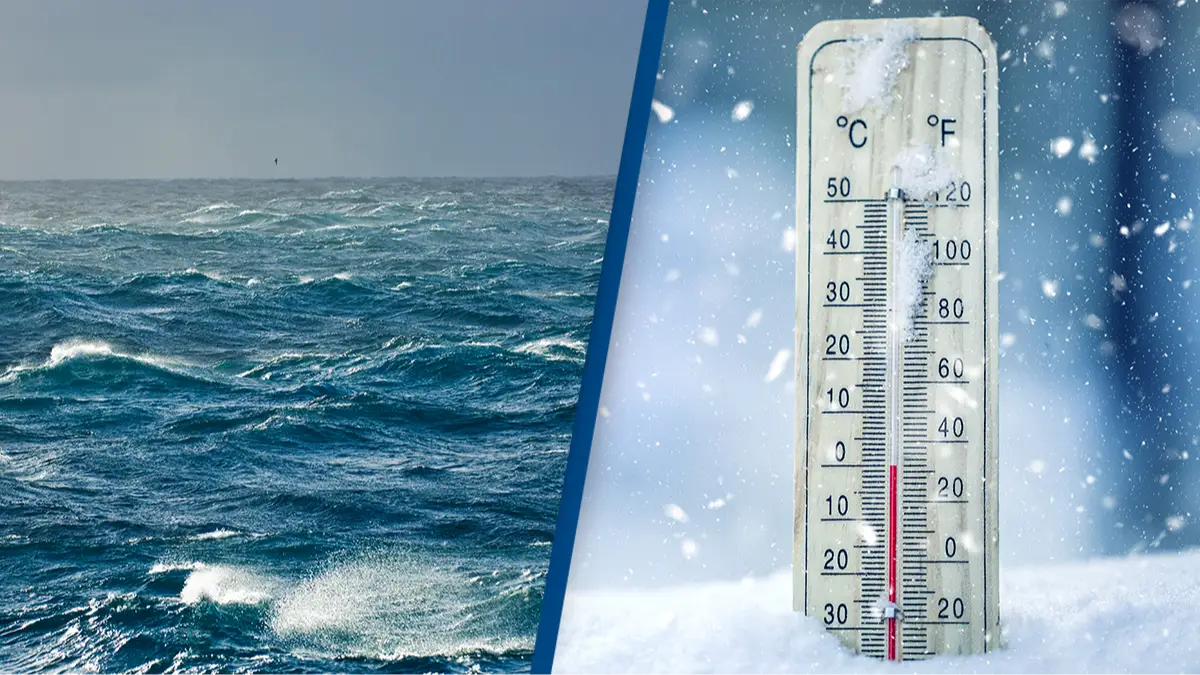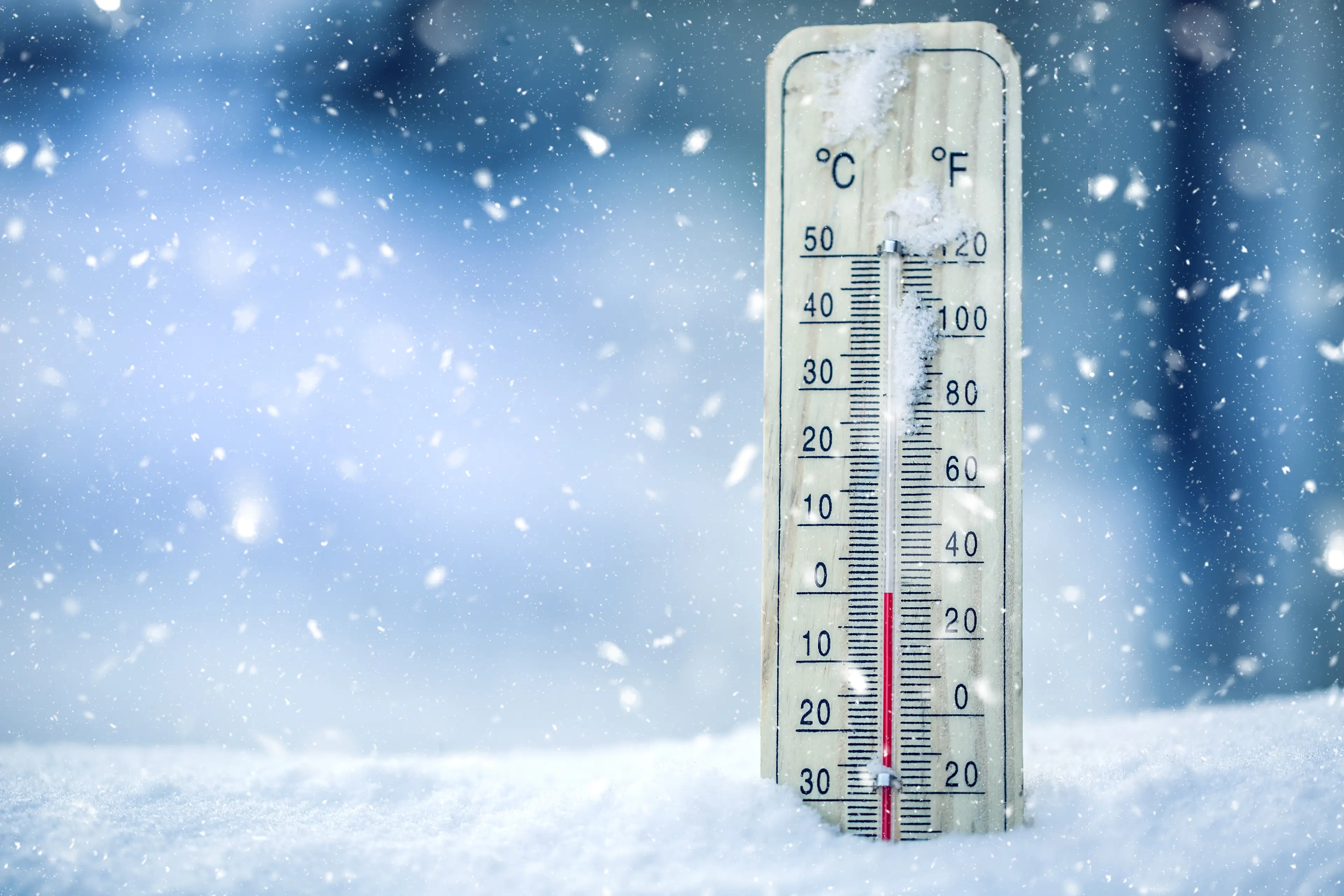
Topics: Climate Change, Weather
Scientists have explained why parts of the Atlantic Ocean have been cooling down at record speed amid ongoing fears about climate change and warmer seas.
Over the past year, surface temperatures in the Atlantic Ocean hit some new highs as temperatures across the globe reached record-breaking heights in general.
But more recently, something has occurred to reverse those temperatures in some areas of the Atlantic Ocean, with figures suddenly dropping at a record speed over the past few months.
Advert
According to the National Oceanic and Atmospheric Administration (NOAA), data shows that below-average temperatures were recorded near the equator in the eastern Atlantic in June and July.
It appears that these areas of the Atlantic have been a degree or two Fahrenheit colder than normal for this time of year.
Now, oceans are evidently susceptible to many weather changes throughout the year. Typically during this time, the Atlantic's temperatures are expected to rise in part because of human-caused climate change, but in another part because of a complex weather pattern called El Niño.

El Niño refers to a warming of the ocean surface or above-average hotter temperatures in the ocean.
The Atlantic Ocean has been setting new heat records since March 2023, and one large reason for this is an especially strong El Niño that passed during 2023 and 2024.
But it now seems that the Atlantic's El Niño is likely to be replaced by its counterpart La Niña, which is when ocean temperatures are unusually cold a little too early.
Both these weather patterns are incredibly complex and are susceptible to trade winds, solar heating, and rainfall which makes them difficult to predict.
Discussing the possible La Niña in its update, the NOAA explained: "Steady southeasterly winds are strong enough to drag surface waters away from the equator, which brings relatively cold water from deeper ocean layers to the surface...
"Surprisingly, the observed cold anomalies in the eastern equatorial Atlantic during June/July 2024 coincide with a weakening of the southeasterly trade winds near the equator."

Scientists explained the unexpected change in temperature would need further investigation and monitoring to see whether the Niña fully develops.
"We've gone through the list of possible mechanisms, and nothing checks the box so far," said Frans Philip Tuchen, a postdoctoral student at the University of Miami, to the New Scientist.
The NOAA says that changes in the El Niño and La Niña weather patterns could impact rainfall in surrounding continents, and that Atlantic Niños have been shown to increase the likelihood of hurricanes near the Cape Verde islands.
According to Michael McPhaden at NOAA, it could also influence the ocean's cycles - with the Atlantic potentially delaying the Pacific Ocean's La Niña in 'a tug of war' as the Pacific 'tries to cool itself and the Atlantic tries to warm it'.